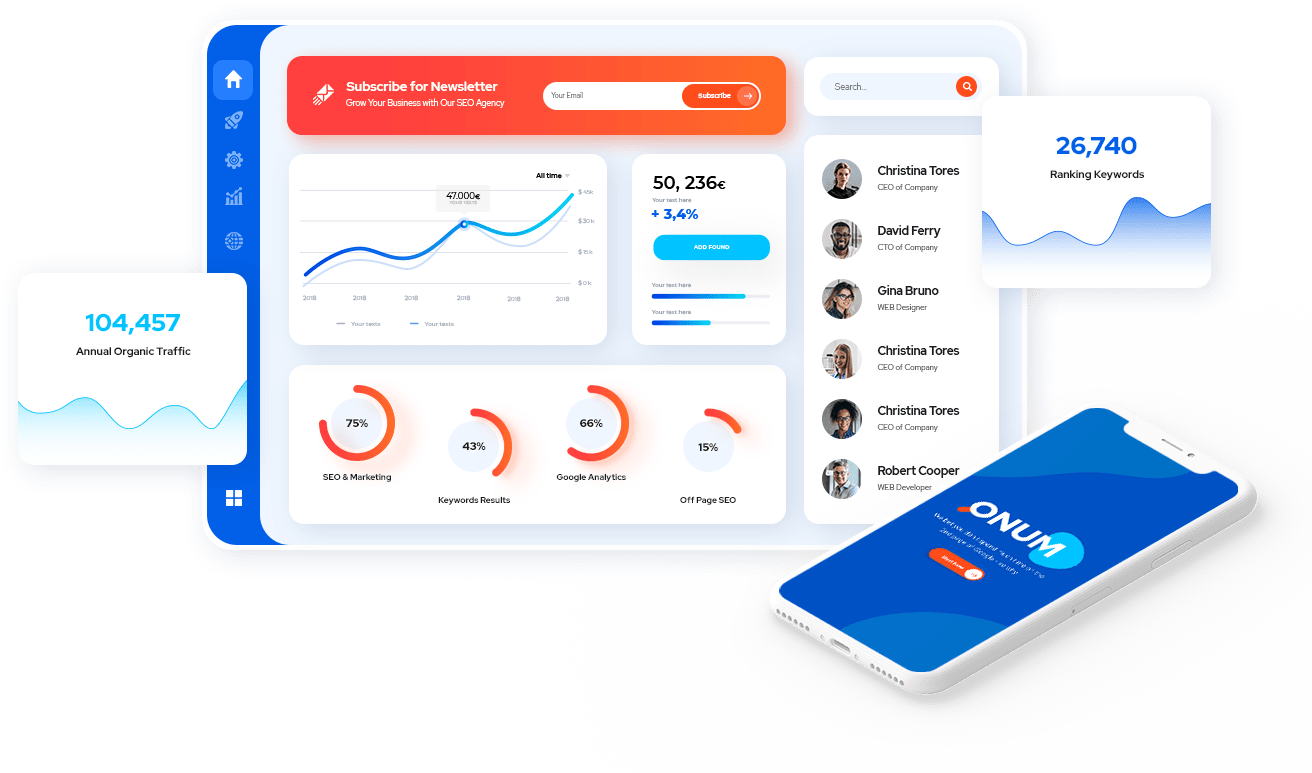
In the digital age, where connectivity reigns supreme, social media has emerged as a powerhouse for businesses seeking to expand their reach, engage with audiences, and drive conversions. Social media marketing (SMM) has revolutionized the way brands interact with customers, offering unprecedented opportunities for targeted communication and relationship building. In this article, we delve into the world of social media marketing, exploring its significance, key strategies, and best practices for achieving success in this dynamic landscape.
Understanding Social Media Marketing
Social media marketing involves utilizing social media platforms to promote products or services, connect with audiences, and build brand awareness. Platforms such as Facebook, Instagram, Twitter, LinkedIn, and TikTok serve as fertile grounds for businesses to share content, interact with users, and foster meaningful relationships.
Key Components of Social Media Marketing
- Content Creation and Curation: Compelling content lies at the heart of social media marketing success. Businesses must create engaging posts, images, videos, and stories tailored to their target audience’s interests and preferences. Additionally, curating relevant content from industry influencers or user-generated content can enhance credibility and foster community engagement.
- Audience Engagement and Interaction: Social media is inherently interactive, providing businesses with opportunities to engage directly with their audience. Responding to comments, messages, and mentions in a timely and authentic manner humanizes the brand and strengthens customer relationships.
- Social Advertising: Paid social media advertising allows businesses to amplify their reach and target specific demographics with precision. Platforms offer sophisticated targeting options based on factors such as age, location, interests, and behavior, maximizing the effectiveness of advertising campaigns.
- Influencer Partnerships: Collaborating with influencers—individuals with large and engaged social media followings—can significantly boost brand visibility and credibility. Influencers can create sponsored content that resonates with their audience, driving traffic and conversions for the brand.
- Data Analytics and Performance Tracking: Leveraging analytics tools provided by social media platforms enables businesses to track the performance of their campaigns, measure key metrics such as engagement and conversion rates, and gain insights into audience behavior. This data-driven approach informs future strategies and optimizations.
Benefits of Social Media Marketing
- Increased Brand Awareness: Social media platforms offer vast exposure to a diverse audience, allowing businesses to raise brand awareness and expand their reach beyond traditional marketing channels.
- Enhanced Customer Engagement: Direct interaction with customers fosters meaningful relationships and builds brand loyalty. Social media provides a platform for dialogue, feedback, and personalized communication, strengthening connections with the audience.
- Targeted Advertising: Social media advertising enables precise targeting based on demographic, psychographic, and behavioral factors, ensuring that marketing efforts reach the most relevant audience segments.
- Cost-Effectiveness: Compared to traditional advertising channels, social media marketing offers cost-effective solutions for reaching large audiences. Businesses can allocate budgets strategically and measure ROI more accurately.
- Real-Time Feedback and Insights: Social media facilitates instant feedback and engagement, allowing businesses to gather valuable insights into customer preferences, trends, and sentiment in real time.
Strategies for Success in Social Media Marketing
- Set Clear Objectives: Define specific goals for your social media marketing efforts, whether it’s increasing brand awareness, driving website traffic, or generating leads. Clear objectives provide direction and help measure success.
- Know Your Audience: Conduct thorough research to understand your target audience’s demographics, interests, and online behavior. Tailor your content and messaging to resonate with their preferences and motivations.
- Create Compelling Content: Focus on creating high-quality, visually appealing content that educates, entertains, or inspires your audience. Experiment with different formats such as videos, infographics, and user-generated content to keep engagement levels high.
- Engage Authentically: Cultivate genuine interactions with your audience by responding to comments, messages, and mentions promptly and authentically. Show appreciation for feedback and encourage two-way communication.
- Measure and Optimize: Regularly monitor the performance of your social media campaigns using analytics tools. Track key metrics, identify trends, and iterate on your strategy based on data-driven insights to continuously improve results.
Conclusion
Social media marketing has become an indispensable tool for businesses looking to thrive in the digital landscape. By leveraging the power of social media platforms, businesses can engage with their audience, build brand awareness, and drive meaningful interactions that translate into tangible business outcomes. By adopting a strategic approach, staying abreast of emerging trends, and prioritizing authentic engagement, businesses can unlock the full potential of social media marketing and propel their brand to new heights of success.




